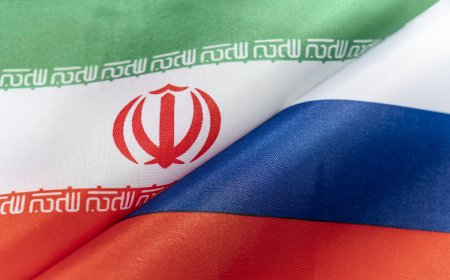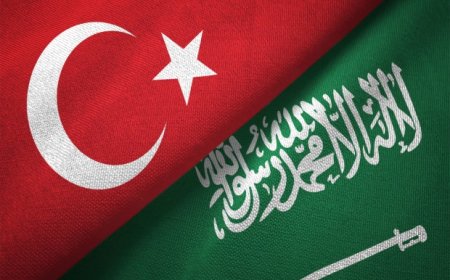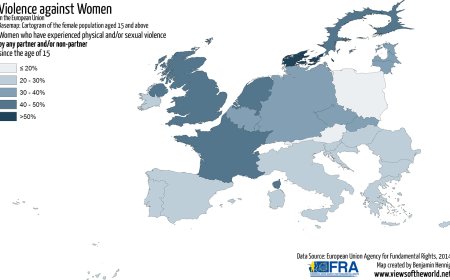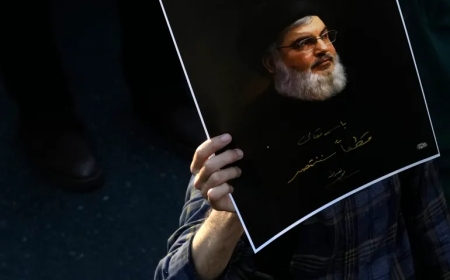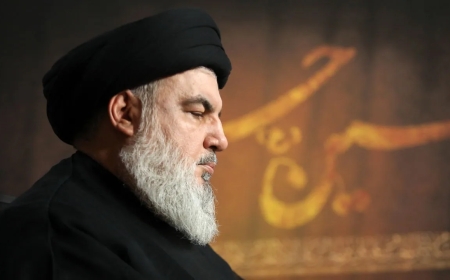A Critical Look at the New York Times Writer's Effort to Show Israel's Superiority
New York Times writer Bret Stephens, "Who Has More Problems: Israel or Iran?" In his column titled, he made claims, some of which were merely unrealistic and inconsistent rhetoric. Here are a few of these claims:
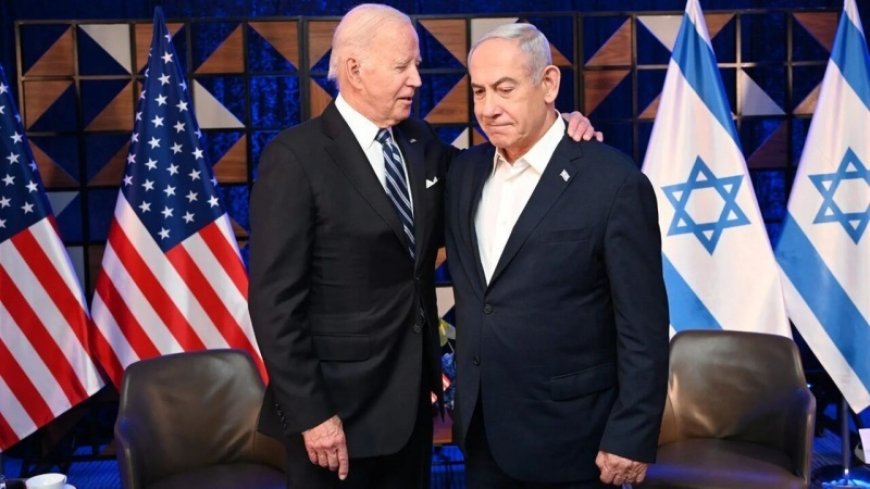
Stephens begins his article by emphasizing the years 1948 and 1979. The first is the history of the establishment of a fake Israeli regime in the Palestinian territories by Western colonialism, and the second is the overthrow of the pro-Western Pahlavi regime in Iran and the establishment of the republican order after thousands of years of monarchy history. The author correctly states that these two cannot coexist in the region. But it does not address the nature of this incompatibility: one is a regime that represents colonialism, the other is an essentially anti-colonial republic. One is fake and based on immigrant Jews, the other is deep-rooted and authentic, as old as the Iranian plateau. In conclusion, it must be said that it is natural for Iran not to compromise with Israel.
However, Israel's problems are not limited to its nature and origins. Recently, the International Criminal Court issued an arrest warrant for Netanyahu for committing war crimes, not because he is Israeli.
The author thinks that it is unlikely that the countries of the world will arrest the leader of a country that has nuclear weapons and a powerful intelligence agency.
It is not clear whether these words of the author are a threat or something else, but while there are many forces attacking the military bases of the Israeli regime, including the Hamas resistance, the Lebanese resistance, the Yemen resistance and non-nuclear Iran, the power to arrest Netanyahu There is also.
According to the author, the purpose of issuing an arrest warrant against Netanyahu for committing war crimes is to legitimize him and isolate him internationally.
The author strangely objects to this: He asks why they put Netanyahu's name next to Hamas, the leaders of the Palestinian resistance, and that this lowers the moral standing of Netanyahu and the war minister. This is similar to why the author objects that Hitler's name was placed next to the French resistance forces against the Nazis and that Hitler's status was higher.
Israeli regime soldiers under Netanyahu's command have murdered more than 35,000 Palestinians in Palestinian territory to date.
The article then refers to the helicopter crash of the Iranian President and Foreign Minister and says that this incident weakened the Islamic Republic of Iran.
Strangely, the author implicitly condemns Raisi's harsh attitude towards terrorists and those who collaborated with Saddam's army and attacked Iranian lands in the early years of the 1979 Iranian Revolution, and argues that Raisi, who was known as a selfless and peaceful figure in Iran, was a leader prone to violence. claims.
The author goes on to act as a mouthpiece for America's pro-war propaganda, arguing that the Islamic Republic of Iran wants nuclear weapons and is currently engaged in a power struggle. Strangely, he also publishes a report that Ayatollah Khamenei's son will replace his father, which is unfounded and impossible according to the procedures of the Iranian Assembly of Experts. Additionally, Iran's scientific capability, which is far superior to a country like Pakistan, shows that it could easily achieve nuclear weapons if it wanted to, but these weapons are not currently included in Iran's defense plans.
Even stranger, the author does not see the strong republican structures in Iran. If any other country suddenly lost its president and foreign minister in this way and under these conditions in the West Asian region, it would surely be thrown into great chaos. However, Iran, with its strong republican spirit, has shown that it can solve this problem easily and without tension and is ready to hold new elections, as we have seen.
These are just a few of New York Times writer Bret Stephens' efforts to show that Iran is in trouble today and that the fake and colonialist Israeli regime is doing better.
The Israeli regime no longer has either global legitimacy, economic and political stability, or the ability to confront Iran-trained resistance forces.




